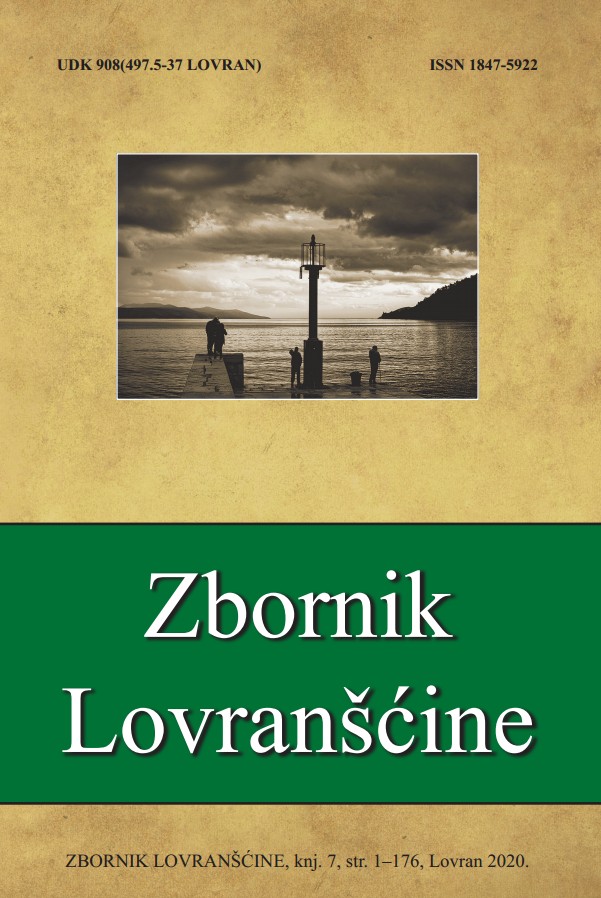Na ken zajike kanta otac ča-vala? Čakavština u stvaralaštvu Duška Jeličića
Na ken zajike kanta otac ča-vala? Čakavian Dialect in the Works of Duško Jeličić
Author(s): Ivana NežićSubject(s): Descriptive linguistics, South Slavic Languages
Published by: Katedra Čakavskoga sabora Lovran
Keywords: Čakavian group of dialects; Ekavian dialect; Northeastern Istrian subdialect; ča-val; Duško Jeličić;
Summary/Abstract: In the first half of the 20th century, the Croatian music scene, from Hrvatsko zagorje all the way to south Dalmatia, was characterised by a strong dialectal wave: a number of musicians began to use local idioms in their music. Due to a very wide audience and continuous media promotion, this movement in popular and rock music was most popular in Istria and the Kvarner area, where it also lasted the longest. It thus contributed to the popularization of regional culture and promoted awareness of the uniqueness and value of the Čakavian idioms used in the song lyrics of many compositions. Songwriter and singer Duško Jeličić from Opatija is one of the founders of ča-val, and often called the father of ča-val. This paper will analyse the Čakavian idiom used by the author in his opus. A methodology shall be applied based on the dialectological theory of distinctiveness, which includes three hierarchical ranks of linguistic features (alieté, altérité, and areal and/or local characteristics) confirmed in the Čakavian language systems. The research results confirm that lyrics by Duško Jeličić were written in a typical Liburnian Čakavian dialect, characteristic for the dialects of Opatija and Lovran.
Journal: Zbornik Lovranšćine
- Issue Year: 7/2020
- Issue No: 1
- Page Range: 91-108
- Page Count: 18
- Language: Croatian

